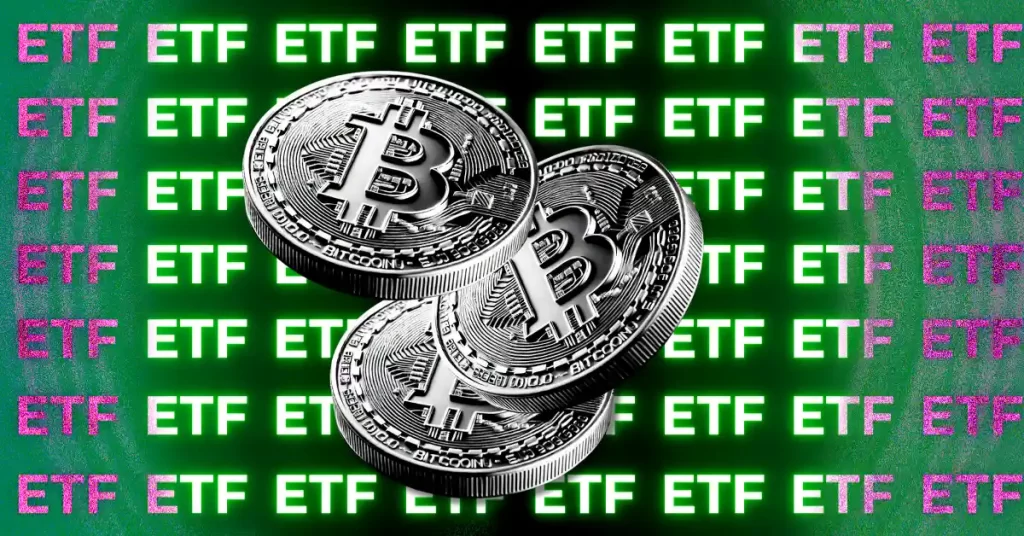Ethereum Validators Push for Higher Gas Limits Amid Rising Support
The post Ethereum Validators Push for Higher Gas Limits Amid Rising Support appeared on BitcoinEthereumNews.com.
Institutional interest in Ethereum is on the rise, as developments in the network’s gas limit signaling and the performance of Ethereum ETFs point to growing confidence in the blockchain’s long-term potential. While validators rally to increase the gas limit to improve transaction efficiency, BlackRock’s iShares Ethereum Trust (ETHA) has emerged as a market leader, recording impressive inflows despite broader market volatility. Ethereum Validators Signal Increased Support for Raising Network Gas Limits The Ethereum network is witnessing a significant shift in sentiment among its validators as efforts to increase the network’s gas limit gain traction. As of Dec. 19, the percentage of Ethereum validators signaling support for raising the gas limit beyond 30 million has surged to 10%, marking a notable rise from just over 1% in previous months. This momentum reflects a growing community push to address high transaction fees and enhance the usability of the Ethereum blockchain. The recent uptick in validator support is largely attributed to coordinated advocacy efforts from Ethereum developers, researchers, and community members. The push to increase the gas limit to 36 million, or even higher, has been met with enthusiasm by many in the ecosystem who see the adjustment as a way to reduce transaction fees on Ethereum’s layer-1. Central to this campaign is the website “Pump The Gas,” launched by core Ethereum developer Eric Connor and former MakerDAO head of smart contracts Mariano Conti in March 2024. The platform urges the Ethereum community to rally around a gas limit increase to 40 million, arguing that such a change could reduce layer-1 transaction fees by 15% to 33%. Support for the initiative has grown among prominent Ethereum researchers and developers. On Dec. 9, Ethereum researcher Justin Drake reconfigured his validator to signal a 36 million gas limit, stating that a 20% increase “safely greases…


